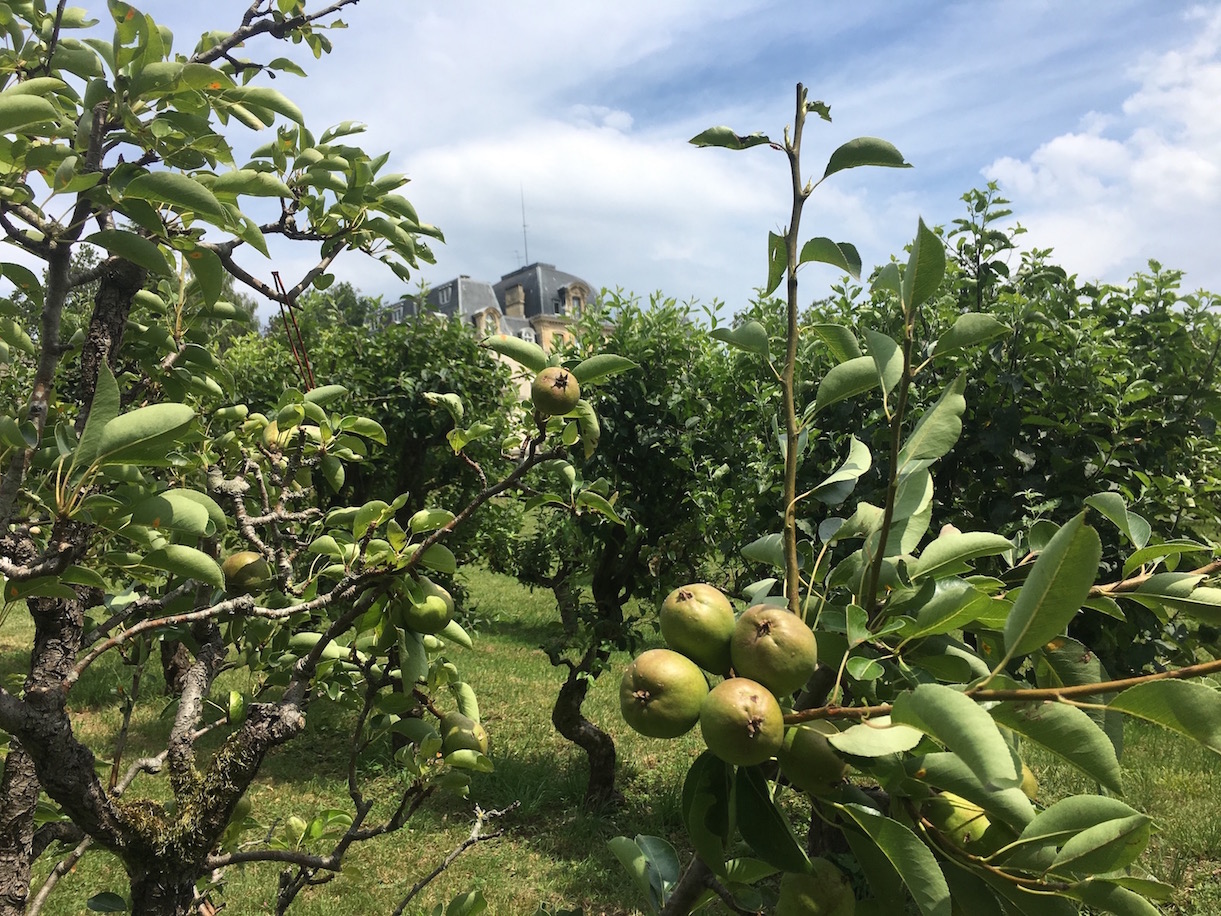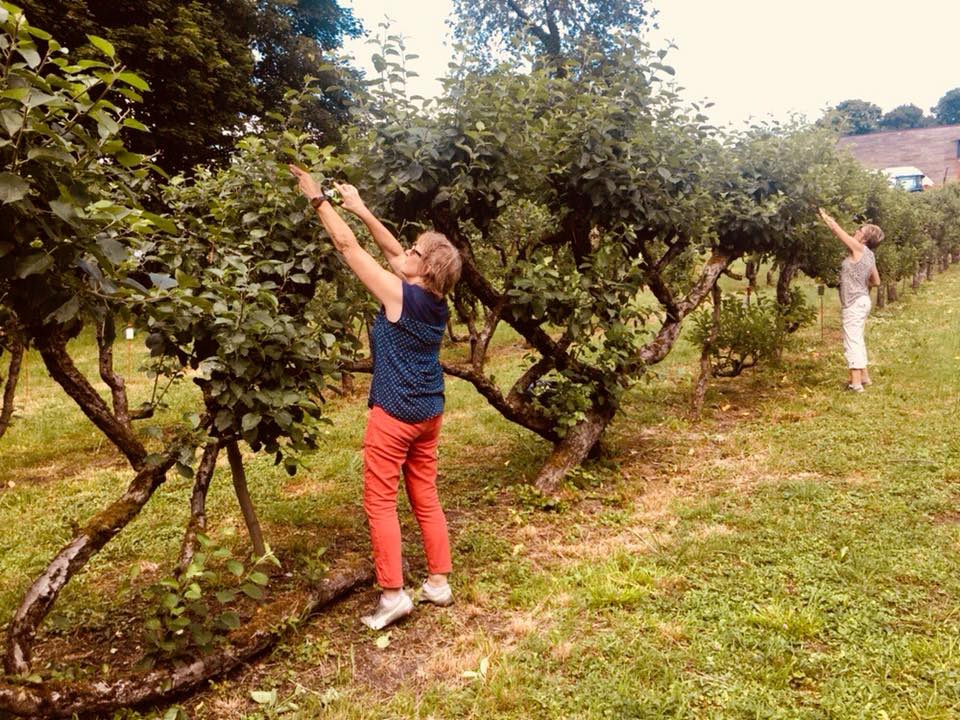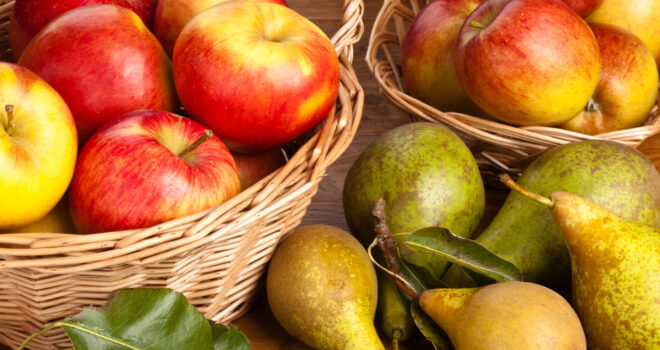The continuation of our interview about the Fondation Franco-Britannique de Sillery. We discusses the sustainable approach the Foundation has implemented in the Verger de Sillery, as well as the Foundation’s ambitions and future projects.
How is the “Verger” project a good example of sustainable development?
Our goal essentially is suburban environmental valuation, which can be used as a model to develop similar projects in France and elsewhere. In addition to the elements we discussed in the first part of the interview, we also produce compost, the orchard recently received “organic” certification, we believe in a short food supply chain, we don’t use any chemical inputs and we have worked hard to improve our energy resources, working with renewable energy where possible. This is a continuous and gradual process.

So the “Verger de Sillery” project can be replicated?
Yes, we are convinced that this is the case, which is why we want to establish an MOOC (Massive Open Online Course) so we can share our experience, highlighting the welfare of the people we look after, so other specialised establishments or associations will perhaps also consider achieving more social interaction in what they do. We expect the course to be available in 2019.
The “Verger” project is expanding. Can you tell us more about your “Vigne” project?
We want to develop an “organic” vineyard in Sillery, in Sillery Park, next to the orchard. We want to produce “organic” table grapes here (Muscat, Chasselas, Dattier). We will also set up an educational workshop for the Foundation’s users and volunteers, giving them the opportunity to learn how to plant, maintain and harvest grapes, while interacting with other audiences. The project is founded on the same principles as the orchard. At the same time, we will also create an aromatic herb garden at the top of the plot. The vineyard will be planted with 500 vines and we hope to harvest 900 kilos every season. We will need a lot of material and human resources for this project, which is why the Foundation recently launched a crowdfunding campaign.
How is this project innovative?
There are plenty of “organic” vineyard projects, as much as there are plenty of educational gardening workshops. What makes our project so innovative is the fact that we have multiple objectives: the project is developed to preserve local natural heritage, focuses on sustainable development, provides education and assistance to the Foundation’s users and educates the local children. The project also helps boost the social inclusion of disabled people and people who are socially excluded in society.

To read the first part of the interview
Go to the crowdfunding campaign



 Tomato
Tomato  Chard
Chard  Vegetable garden: growing chickpeas
Vegetable garden: growing chickpeas 









